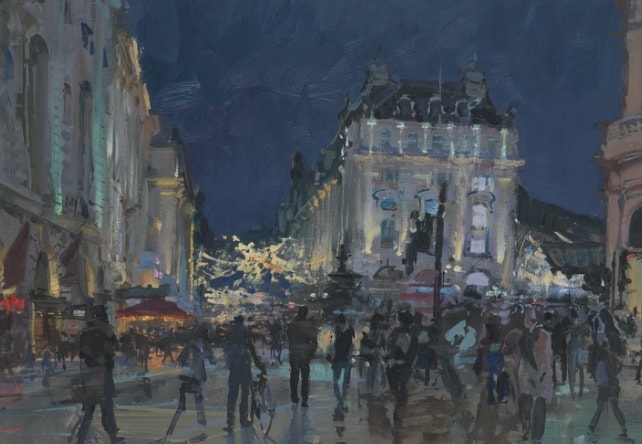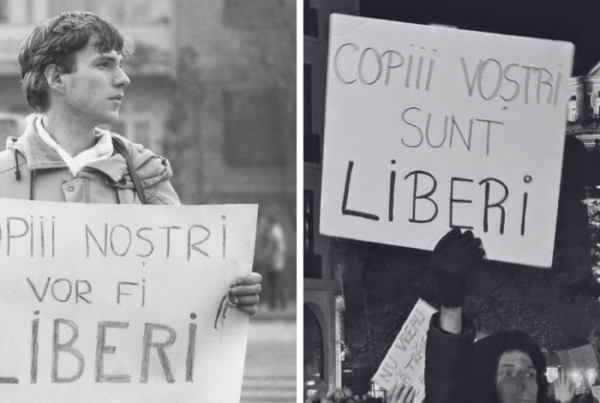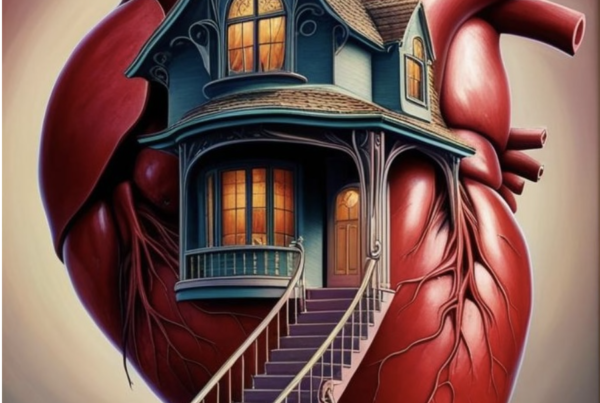By: Claire Peraldi-Decitre
The Midnight Library
It seems as though all grown-ups are disillusioned.
When listening to I Drink Wine by Adèle, Hier Encore by Aznavour or reading The Midnight Library by Matt Haig, there is a shared impression of a loss, of misguided youth, which would explain a ‘now’ miserable life. It feels and reads and sounds as though everyone is in a mist of sadness, loneliness. Do the arts offer a meeting place designed for us all, a manifestation of a universal feeling? Or are they merely bridges connecting the few in parallel isolations? Instead of a universal feeling, do these pieces only attract those who initially gravitate towards this sadness? We’ve all experienced it: when we learn a new word it magically appears in the next article we read. When we leave an exhibition, we suddenly notice the advertisements for it around our city. Once we are acquainted with something, we gravitate towards it; we attune to its vibration.
It feels strange to write “I gravitate towards sadness,” yet I can’t seem to find a better phrasing for this pull. Some things can not be placed into words, hence the arts and its various mediums, but the feeling remains. Artists have this comforting yet devastating quality to explore and make somewhat tangible this mist of a feeling. A mist of sadness and wonder in regards to our choices and their consequences. It is the typical ‘20s life crisis,’ that haunting question: are we setting ourselves up to live the best life possible? This is the premise for The Midnight Library. In this novel, the protagonist finds herself in a library in the period between life and death. Here lies infinite shelves of books that offer all her possible lives, ranging from a pub owner to an Olympian swimmer. We follow along as she combs through the paths her life could have taken, had she chosen differently.
The concept of this novel is beautiful (and I recommend giving it a read) but if I found myself in ‘the midnight library,’ I don’t think I could bear to read what could have been. The mere thought terrifies me; it terrifies me to confront all the ‘what ifs’ that could have led me to a happier life. In our early twenties we are constantly told by sweet grandpas how lucky we are to have our whole life ahead of us and kickass Irish moms sigh “ah, to be twenty again…”. But the songs we make out to on our balconies (Aznavour) lament the poor choices made during youth, the choices that cause a bleak life. So, what do we make of this tension? How do we mend the endless possibilities of careers, hobbies and partners with the sense that all ‘grown ups’ are dissatisfied with their choice?
Le monde des grands est-il devenu trop petit? Has the world of grown ups become too small? I miss the summer camps, the shy crushes, and the sand of Half Moon Bay. I miss the baby blue coats, big cheeks, and wide smiles. Children are desperate to grow up, yet here we are, wistful for our childhoods. ‘Race’ no longer refers to the dreaded gym class activity. Injustice is no longer as simple as your sibling getting a thicker slice of cake. Grief is no longer foreign. And yet, these artists around us grieve not for their childhood, but for a second chance to their twenties. Aznavour sings “Hier encore j’avais vingt an.” But I am twenty today. So how do I make the right choices before I come to regret them?
We all seek to accomplish good things, whatever that means to us. The problem is, how do we know which path to walk upon? Toutes les routes ne mènent pas à Rome. In highschool, I was undecided if I wanted to study politics or pastry. I strived to better our society, but I also loved baking. It sounds ridiculous: save the world or make cakes. To help me pick a path, I was lucky to walk along the streets of Paris for a year, after highschool, to learn the trade of pastry. It gave me a taste of that life, marked by early alarms, buttery viennoiseries, and babas au rhum. Throughout the months, I had a violent boss, then a warm team, and finally a mentor. By the end of it I had strong arms, a team of friends, and a license to open a shop. I was established within a lifestyle, a rhythm . Yet here I am, in my second year of Sciences Po. Why?
I didn’t feel fulfilled. I don’t think I ever could if I am not an active part of change, progress. My father was reluctant about the idea of a career in politics—“with those ideas, you’re gonna get yourself killed.” I had always brushed off these concerns. But, after working with an asylum rights lawyer, my uncertainty grew once again. Those who forge change are few and there are reasons for it. His life, devoted to others, was the loneliest I had ever encountered.
How do we mend our envisionment of the world and its reality? How do we pick the right path? French Comedian Florence Foresti claims that once you’ve had a good pizza with friends, that’s about as good as it gets. Is that all we should ask for? I must admit that I have painted a rather bleak picture, but despite the confusions and doubts, we must not blind ourselves to all the other joys of existence. We need to sustain some wonder with the little sparks of daily life: roasted coffee in the morning, stained books in a library, and friends hurled up on a radiator. Regardless of the path we choose, whether it be asphalt, cobblestones or brick, whether it be tempoed by travels, kids or cats, the day’s highlight will always be a shared meal with cherished company. Pizza and friends.
So, as I put down my notebook and reach for my novel, I leave you with no more insight than the following: order a pizza and invite a handful of friends. It really doesn’t get better than that.
Love,
Claire
Other posts that may interest you:
Discover more from The Sundial Press
Subscribe to get the latest posts sent to your email.





